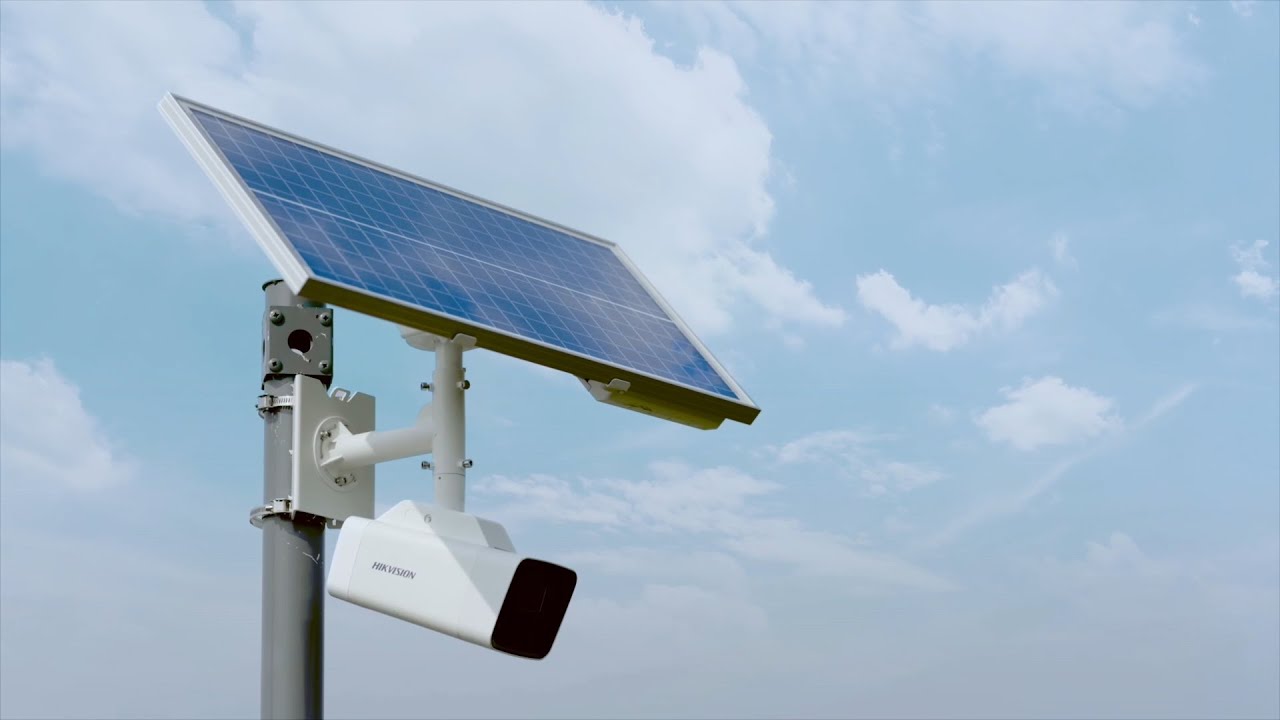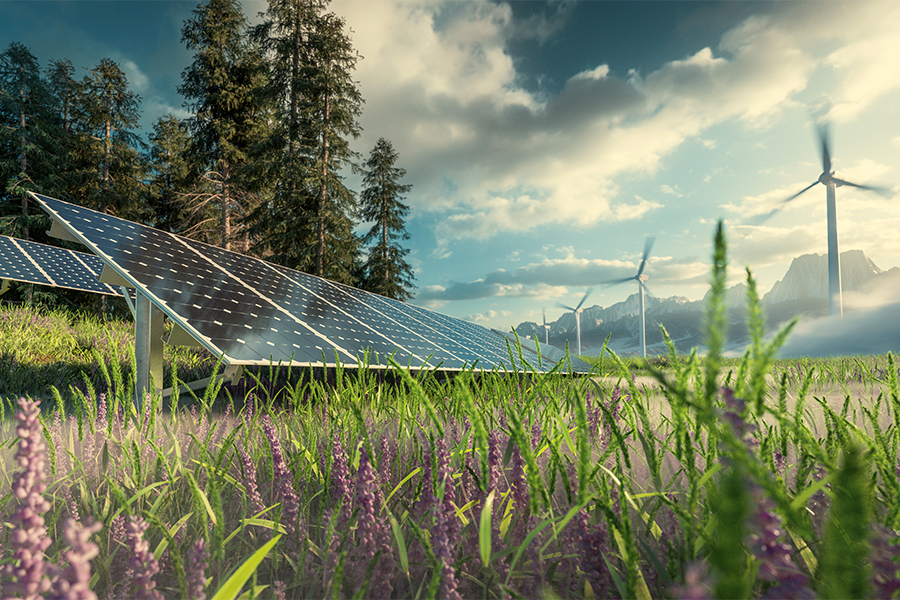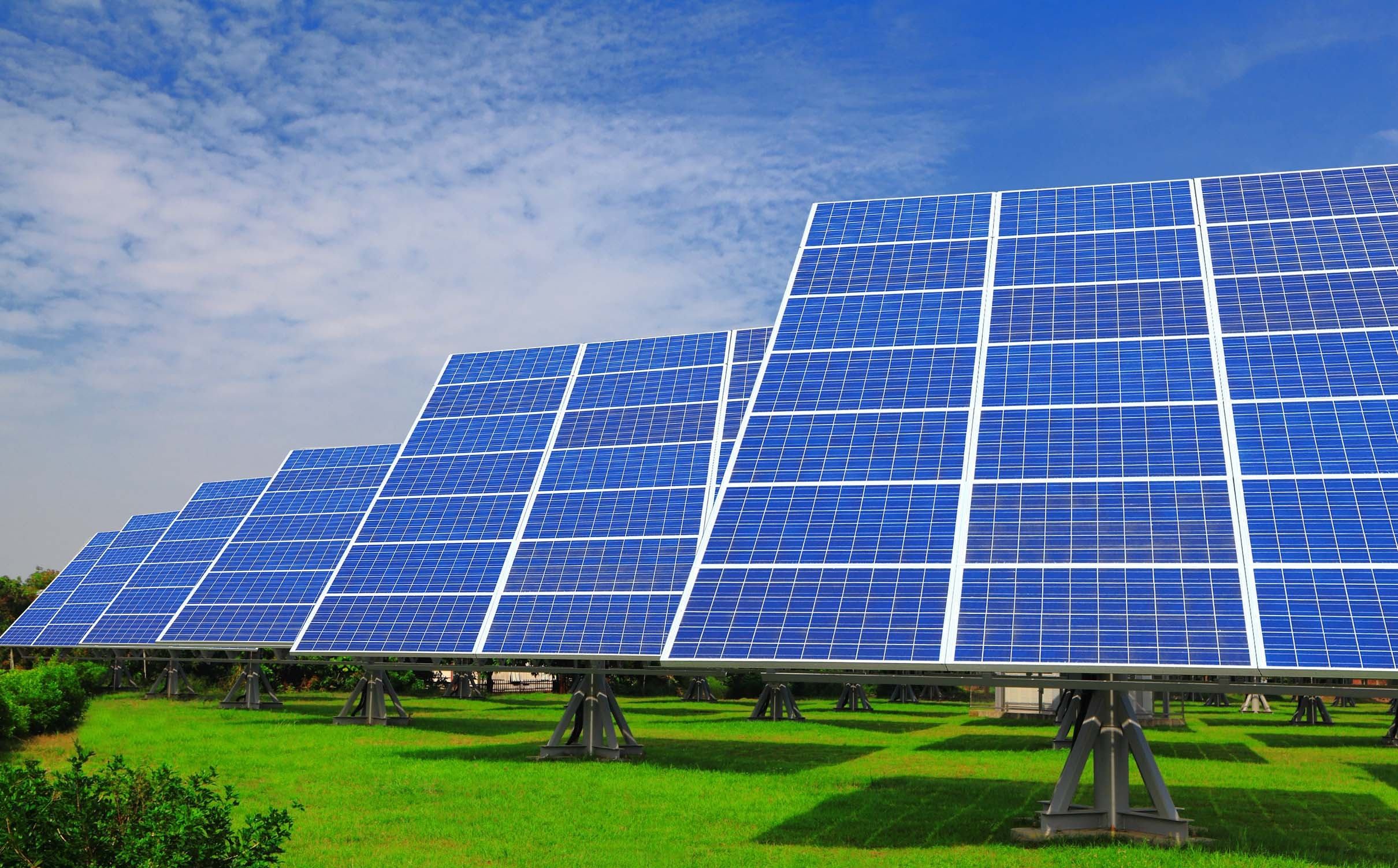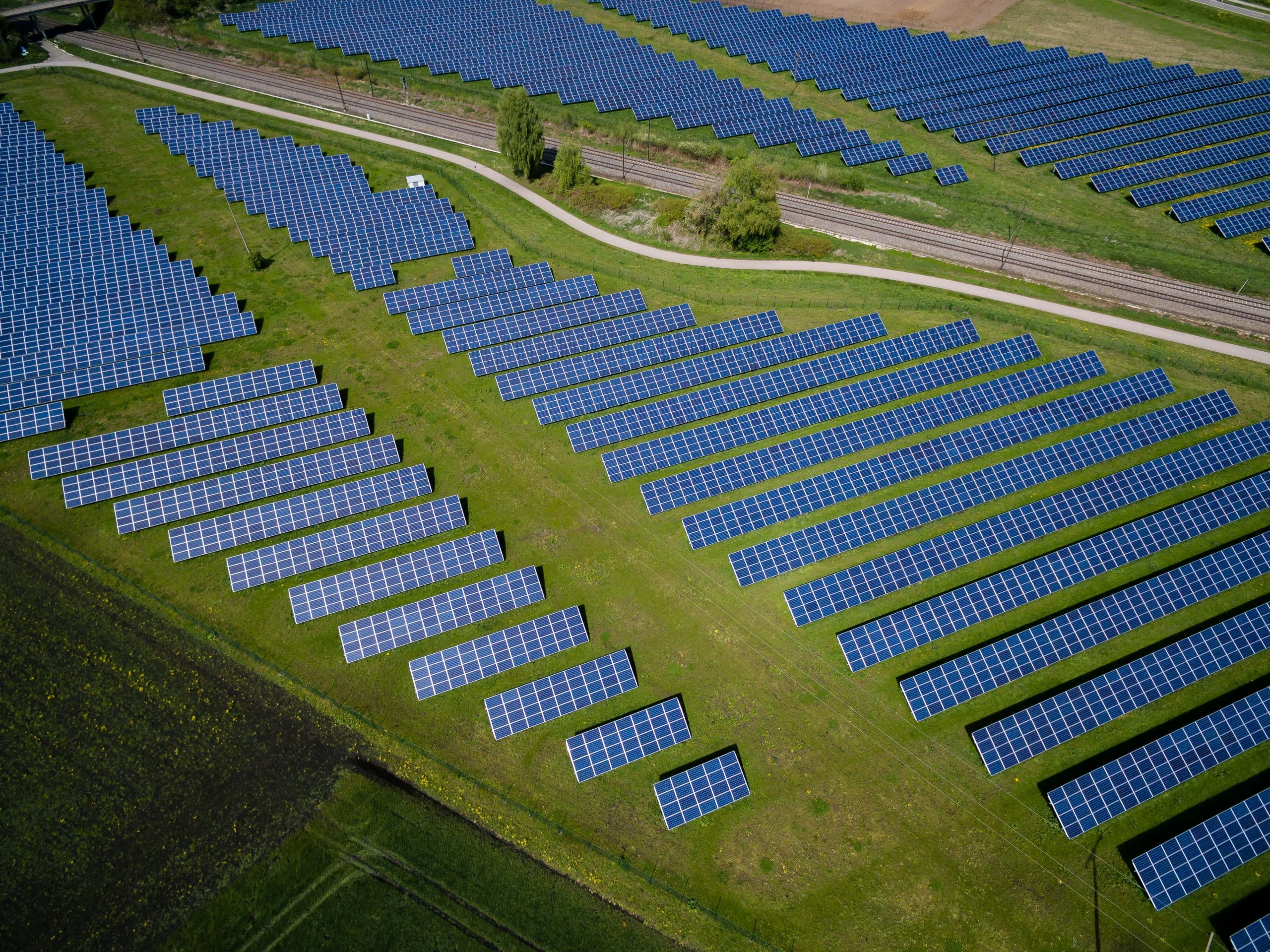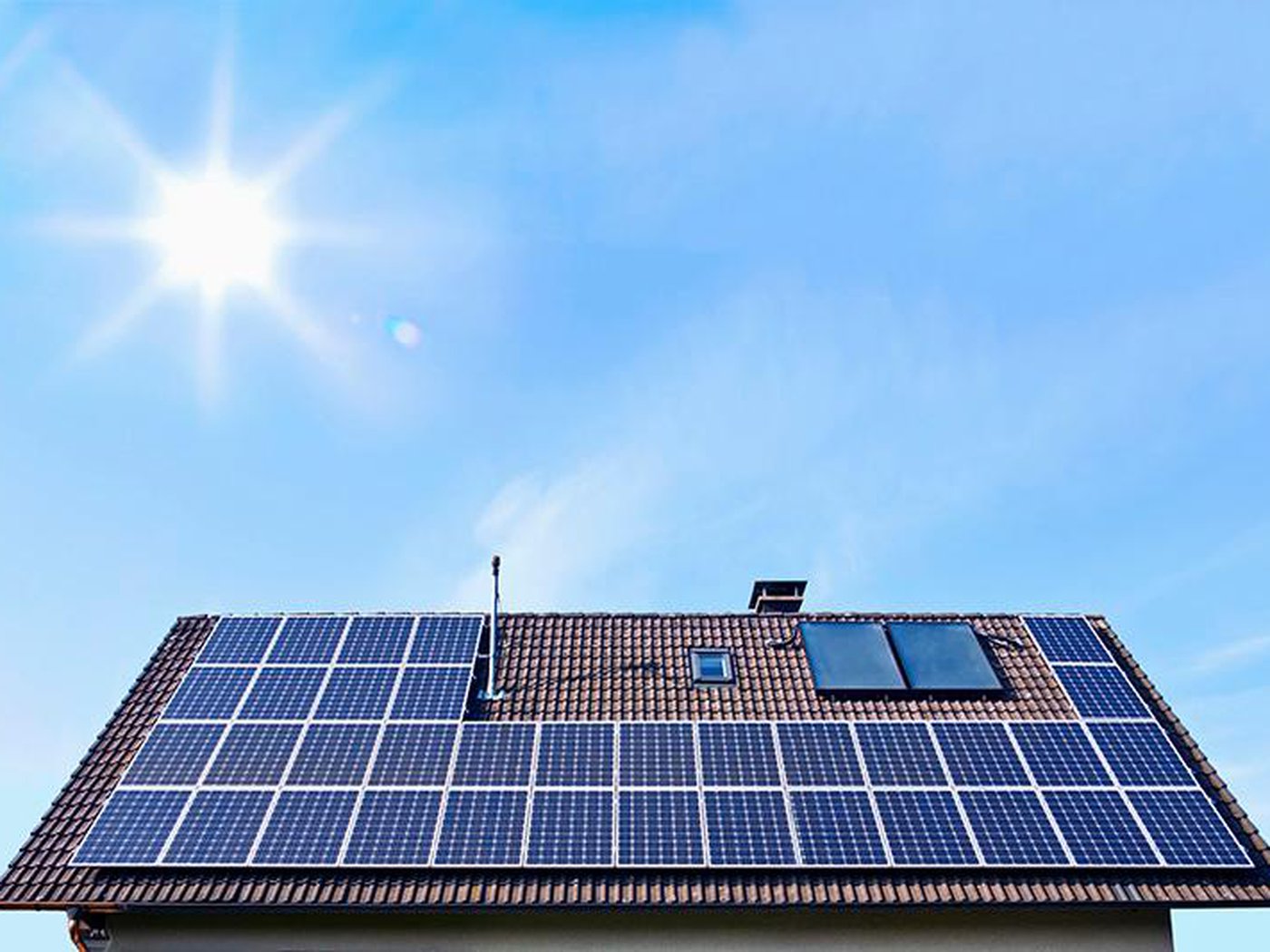Energy is a quantitative property. The transfer of energy from one form to another is necessary for a physical system to perform work or heat. This quantity is conserved, meaning it cannot be created or destroyed. This law applies to heat, light, and mechanical motion. Hence, the law of conservation of the energy states that we must use the energy we possess to accomplish our goals. This means we must also learn about energy’s uses and limitations.

The term energy comes from the Ancient Greek word energeia, which means activity. This definition of energy was first used in the 4th century BC by the philosopher Aristotle. The word energeia referred to the process of converting one substance into another. It was a qualitative concept that encompassed things like pleasure and happiness. In the 21st century, we can learn about energy through everyday activities.
There are many types of energy. The term energia comes from the Ancient Greek word energeia, which means activity. It first appears in the 4th century BC in Aristotle’s work. It was a qualitative philosophical concept that encompassed pleasure and happiness. Today, energy is the basic ingredient in many things we use. The following are some examples of energy and how it can be used. All of them involve movement.
The concept of energy can be understood through its physical manifestation. It is the capacity of a substance to do work. It can take many forms and is used in different ways. A chemical transformation, for example, will change the substance’s structure. The total amount of energy in the reaction will decrease. However, some of the energy may be transferred to the surroundings. This energy will manifest in the form of heat or light. The product of a chemical reaction can also have more energy than its reactants.
A variety of forms of energy can be converted into usable mechanical or electrical energy. For instance, the movement of electrons in a cell or body will produce electricity or heat. A device can use this energy to produce a certain object. It is also used to make a chemical or a liquid. A chemical reaction will produce a substance, while an electric current will drive a vehicle. A power supply will allow a device to move.
The term energy was first coined by Aristotle in the early 17th century. It is derived from the Ancient Greek word energeia, which means “activity.” It originally meant “movement”. This motion was defined by the energy contained in the material. It can be translated into a variety of forms. For example, an object may produce an object’s own motion, but it can also be transformed into electrical and mechanical power by a machine.
The term energy comes from the Ancient Greek word energeia, which means “activity.” Essentially, energy is the transfer of heat and work to a physical system. It is a scalar quantity and has multiple uses. It is used in a variety of ways, and can be stored as liquid or gas to create electricity. Some of these forms of energy can be utilized in the future, such as converting it to a fuel.
The energy used in an electric motor is called kinetic energy. This is a form of electrical power. The electrons are also responsible for moving the electric current. The electricity produced by an electric motor is a type of kinetic energy. The movement of an electric motor involves the transfer of a force, and the electrical current is a chemical inertia. The chemical reaction produces a product that possesses thermal energy. In addition to the flow of kinetic energy, the movement of electricity can be considered a source of electrical power.
The transition from fossil fuels to renewable energy is happening globally and is an important step towards a low-carbon economy. It’s a difficult process, but the benefits are tremendous. It will be a gradual process, and it will only take a few decades for the energy required to make the transition. In the meantime, you’ll need to develop renewable energy sources to meet your daily needs. This way, you’ll be saving money as well as the environment.

